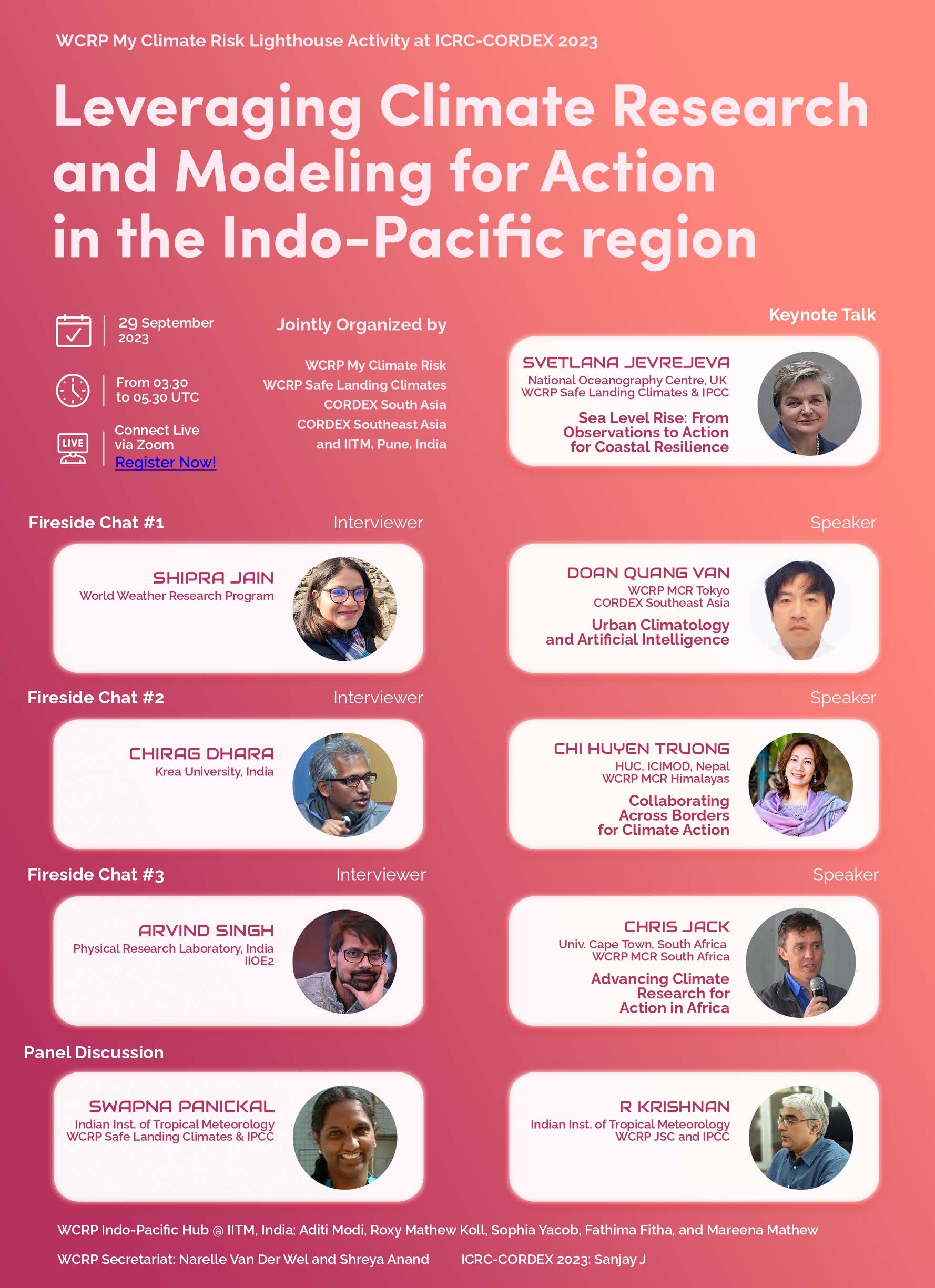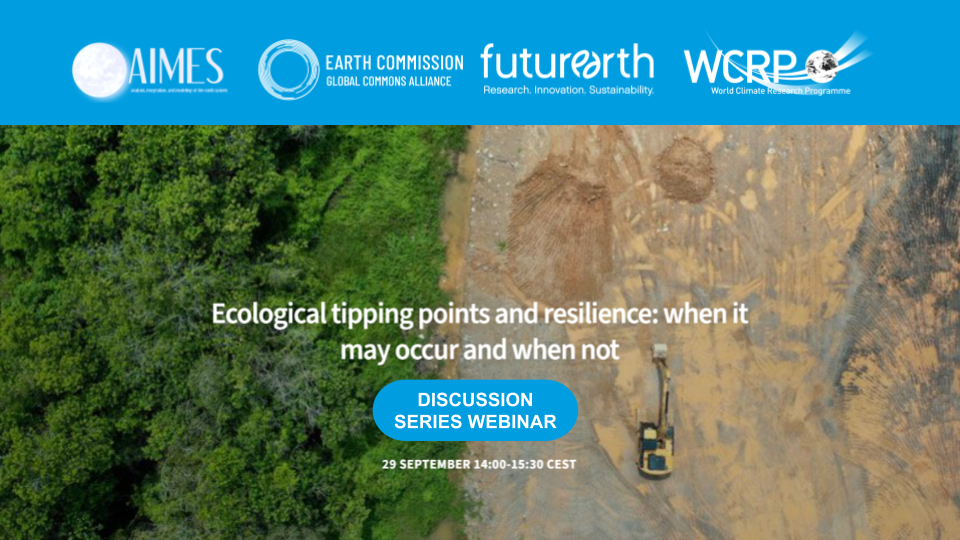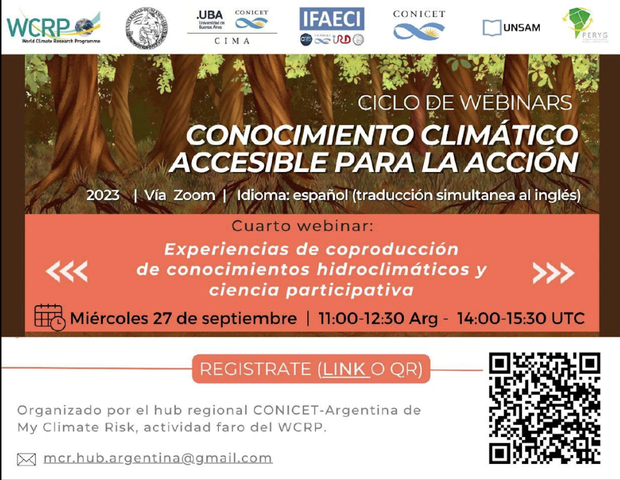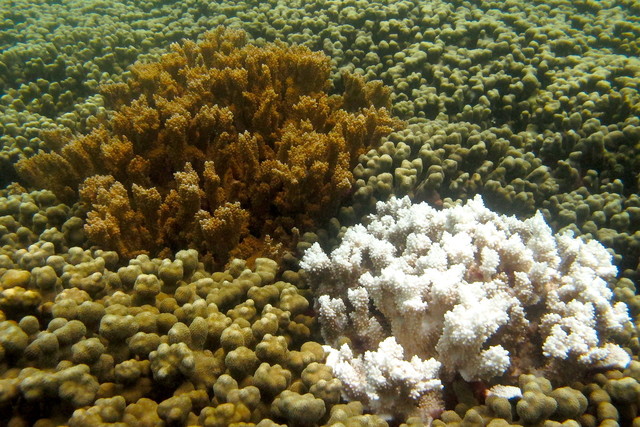- Details

Don't miss our webinar on "Leveraging Climate Research and Modeling for Action in the Indo-Pacific region." Hosted by MCR IITM MCR Hub, this event will focus on the importance of climate research and modeling in driving actionable insights for the Indo-Pacific region. Learn how research can inform climate-related decisions and actions.
To register, click here.
- Details

We invite you to the "Ecological Tipping Points and Resilience" webinar, part of the Tipping Points Discussion Series hosted by Safe Landing Climates. This session will explore the critical topic of ecological tipping points, addressing when they may occur and when they may not. Gain insights into the resilience of ecosystems in the face of environmental challenges.
Register here to attend the webinar.
- Details

Join us for an engaging webinar "Coproducción de conocimientos hidroclimáticos: experiencias desde la práctica" (Experiences of co-production of hydroclimatic knowledge and participatory science), hosted by the My Climate Risk Argentina hub. The webinar will be in Spanish, with simultaneous English translation.
To register, click here.
- Details

We are delighted to welcome Dr. Fanny Adloff as the Director of the new WCRP International Project Office (IPO) for the Earth System Modelling and Observations (ESMO) Core Project. Fanny will lead the IPO to coordinate the modelling, data assimilation and observational activities within ESMO, and to seek synergies with other WCRP activities and external partners to effectively tackle the ESMO scientific objectives towards the provision of science-based climate information.
Fanny will officially start her new position on 1 October 2023. New positions in the ESMO-IPO team will be open very soon.
- Details

There has been a lot of discussion recently about the record warming trends that have been observed globally in recent months. This includes an observed basin-wide warming of the ocean and an increase in marine heatwaves. Marine heatwaves occur when ocean temperatures in a given region are well above average for an extended period of time. Warmer ocean temperatures impact the marine environment and associated ecosystems, and ocean heat can also fuel developing tropical cyclones. Leading ocean scientists have made a collective assessment of recent global trends and report on what we may expect in the future.

